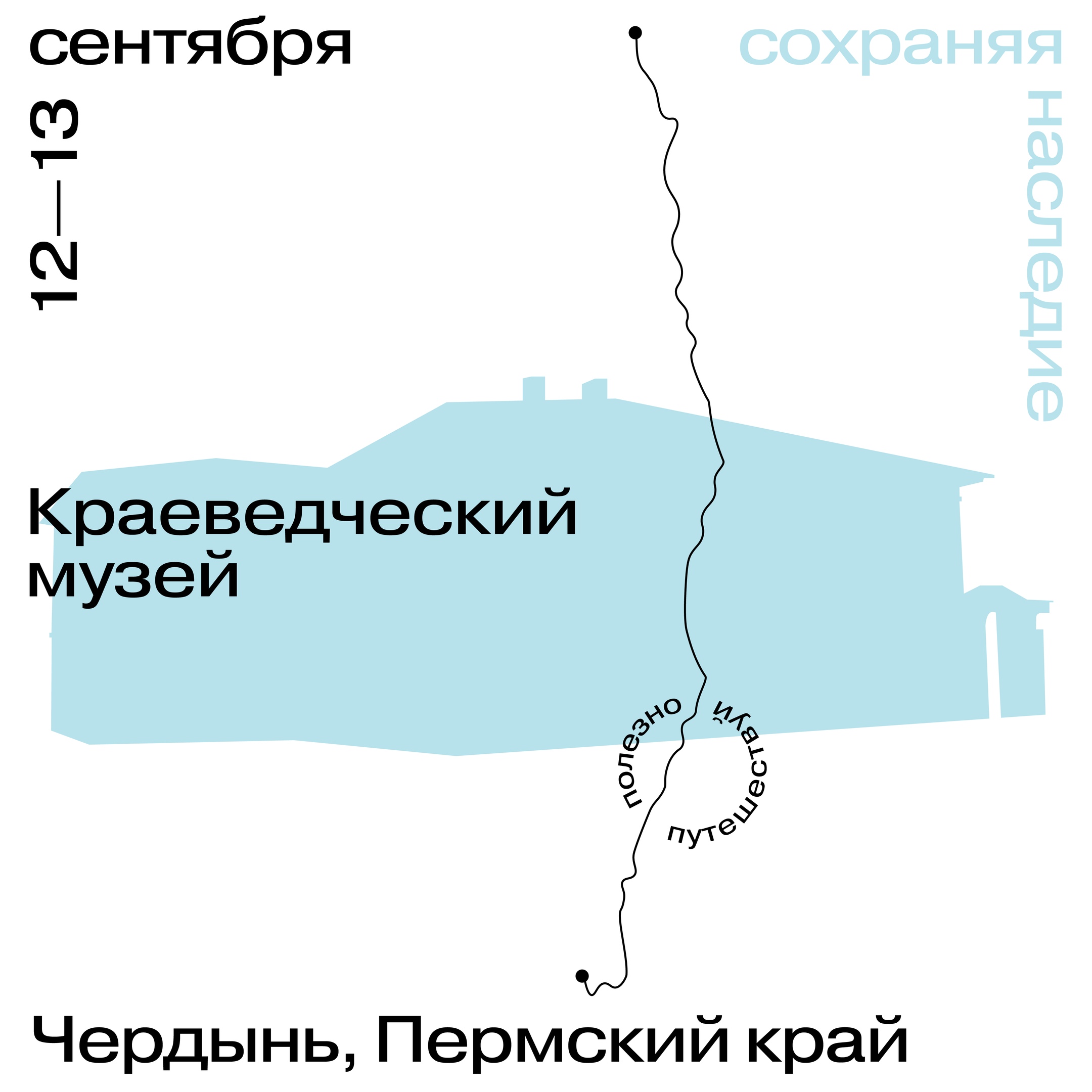
Открываем набор в поездку в Пермский Край для работ вокруг Церкви Ильи Пророка на территории Краеведческого музея
Чердынь, Россия Другое...
Даты: 12-13 сентября
Локация: г. Чердынь, Пермский край
Объект: Церковь Ильи Пророка
Этот храм – одна из точек притяжения Чердыни. Сама история этого объекта начинается с 1500-ых годов, но в начале 1900-ых церковь претерпела реконструкцию. Сейчас это памятник архитектуры и градостроительства Пермского края. Одна из особенностей этой церкви – пятиглавый четверик с трапезной и шатровой колокольней. Сейчас храм не действующий, но находится под заботой краеведческого музея.
Вид волонтерских работ: благоустройство на территории храма
Условия: участие бесплатное*. Предоставляется проживание, питание, культурная программа, классный мерч, частичная компенсация транспортных расходов.
*Конкурсный отбор по результатам заполнения анкеты + репост записи о наборе. Регистрация до 6 сентября, 23:59, по ссылке: https://clck.ru/QTqRe
Вид работ
Вид волонтерских работ: благоустройство на территории храма
Условия
Условия: участие бесплатное*. Предоставляется проживание, питание, культурная программа, классный мерч, частичная компенсация транспортных расходов.
*Конкурсный отбор по результатам заполнения анкеты + репост записи о наборе.
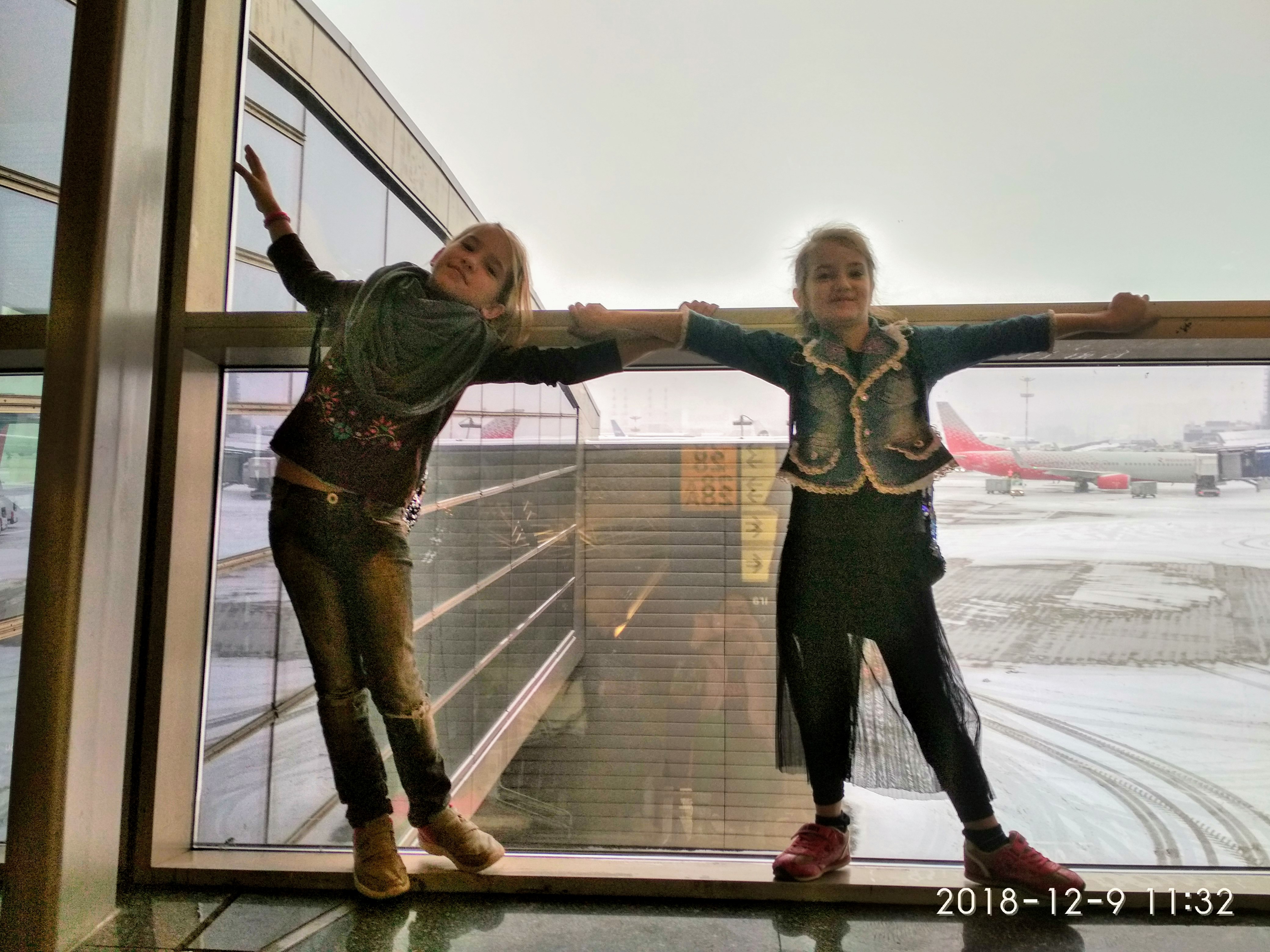
Приглашаю волонтеров в экопоселении калужской области!
Миленки, Россия Работа с детьми
Вид работ
Условия

UHV: дизайн
Россия On-line
Программа "Добровольцы ООН" в России ищет добровольца-волонтера для дизайна рекламных материалов программы. Материалы будут использованы на конференциях, массовых мероприятиях и волонтерских съездах и помогут россиянам узнать о программе и возможностях участия в ней.
Вид работ
Условия

В Национальный парк "Тункинский" требуется пресс-секретарь
Кырен, Россия Заповедники и нац. парки
По заявкам национального парка необходимо подготавливать статью в СМИ и соцсети
22 авг. 2020 г.
Русский, English,
Вид работ
гибкий график
Условия
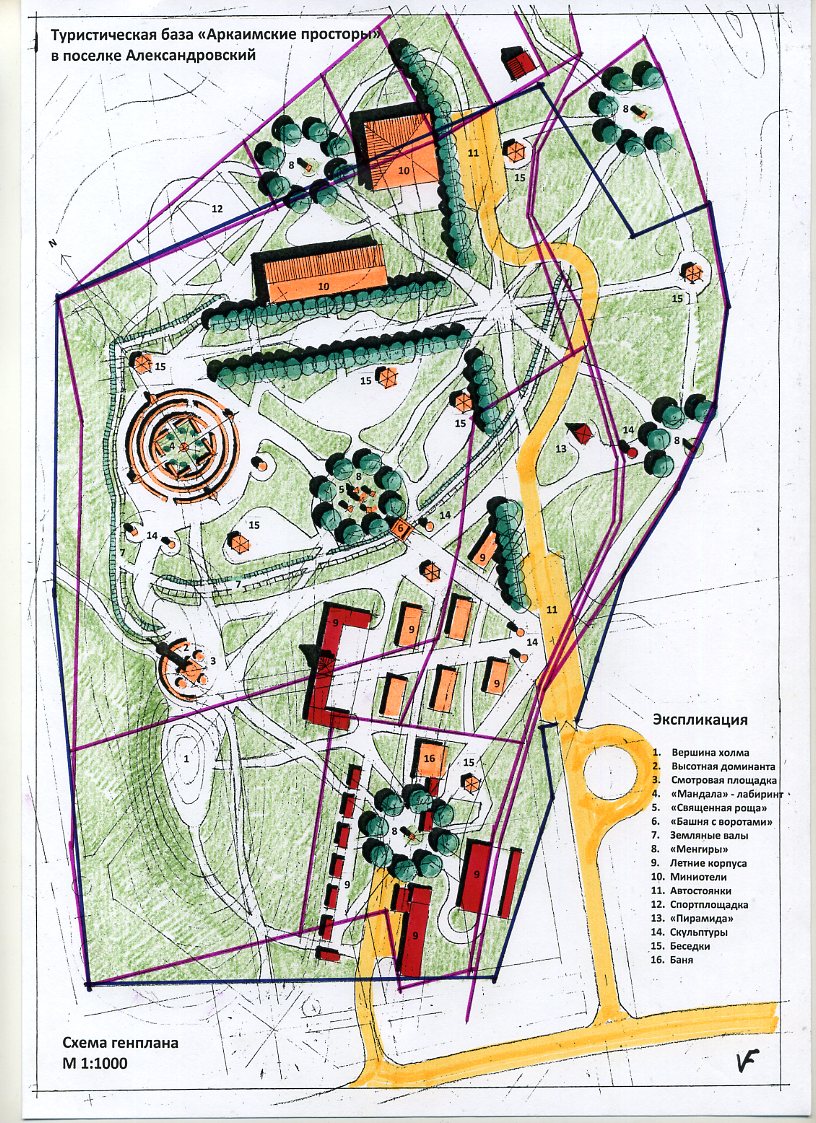
Аркаим:исторический парк в древнем месте силы!
Россия Другое...
Наша турбаза Аркаимские Просторы приглашает помощников! Аркаим-это древнейшая колыбель человечества и очень сильное место,расположенное в южном Урале!Мы единственная турбаза в этом месте с 12 гектарами земли и большим количеством хороших идей;) Для реализации которых и формирования сплоченной команды на будущее приглашаем волонтеров, смелых и открытых новому..
Вид работ
Парни приглашаются для помощи хозяйственных работах туркомплекса специальные навыки не требуются.
Девушки будут помогать по хозяйству:готовить пищу, огородничать и помогать в уборке.
Условия
Для тех,кто останется на месяц, для частичной компенсации дорожных расходов полагается премия в размере 3000р/ месяц.

Экологическая акция "Праздник чистоты" на Байкале (Слюдянка)
Слюдянка, Россия Другое...
https://mbaikal.ru/2020-2/
Вид работ
Акция "Праздник чистоты" проводится в 5-дневном формате, рабочий день с 9 утра до 18 вечера с перерывом на обед.
1 день - выезд из пункта отправления, расселение по базе, знакомство, посвящение новичков, ужин, вечерние мероприятия;
2-3-4 день - завтрак, построение, распределение по местам уборки, выезд на места уборки, обед, возвращение на базу, ужин, вечерние мероприятия
5 день - завтрак, сборы, выезд с базы.
Предупреждение!
Работа на акции "Праздник чистоты" может быть физически тяжелой, изнурительной, кропотливой. Но как только Вы увидите количество собранного мусора и чистый берег, поляну или лес, Вы больше не сможете остановиться! Вы увидите на сколько просто иногда сделать мир чистым, прекрасным и безопасным.
Внимательно подумайте, нужно ли вам это ощущение, ощущение чистоты.
Условия
Проживание на тур.базе, 3-х разовое питание, проезд из г. Иркутска (или г. Улан-Удэ) до тур.базы бесплатное!
Так же необходимо заполнить анкету волонтера на сайте: https://mbaikal.ru/2020-2/
и оплатить орг.взнос в размере 1000 рублей (студентам, пенсионерам, инвалидам - 50% скидка - при предоставлении удостоверяющего документа на почту moi.baikal2@mail.ru )
Отметьте в комментариях, что Вы с GoodSurfing.
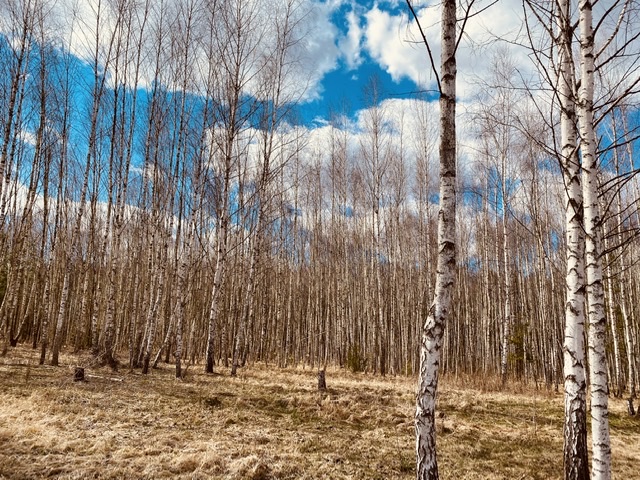
Помощь в экопоселении Калужской области
Россия Работа на ферме
Здравствуйте, ищу волонтёров для проживания в семье, людей, которым интересно посмотреть на жизнь поселения “изнутри”. Занятость-4 часа в день, два выходных в неделю. Питание вегетарианское.
Вид работ
Условия
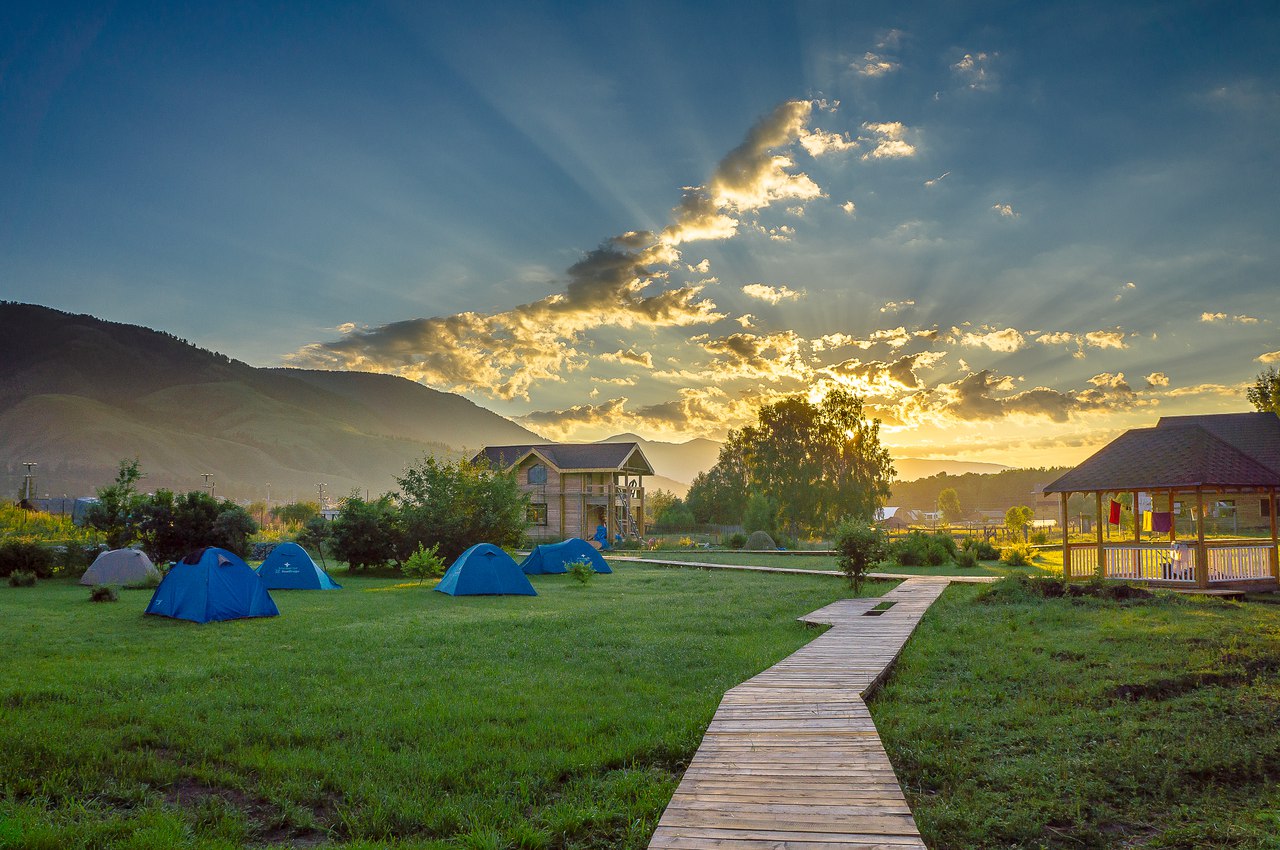
Волонтёрство на Алтае (эко туркомплекс «Альтаир»)
Усть-Кокса, Россия Другое...
Волонтёрство на Алтае (эко туркомплекс «Альтаир») ☀
Алтай в переводе с монгольского «Алтан» означает «Золотые горы». Горный Алтай - это неофициальное название республики.
Усть - Коксинский район можно по праву назвать самым мистическим, красивым и неповторимым районом Алтая. Тут Вы сможете увидеть такие природные объекты Алтая как: Катунский заповедник, гора Белуха, каскад Мультинских озёр, и многое другое.
10 авг. 2020 г.
Русский, English,
Вид работ
Итак, ищем адекватных, готовых помогать на нашей базе и влюбляться в Алтай.
⠀
От нас:
🔹 Доставка из Новосибирска и обратно
🔹Проживание в палатках
🔹Вкусная еда
🔹Семейная атмосфера
🔹Поход и экскурсии
🔹Впечатления на всю жизнь
🔹Невероятный опыт
⠀
Если ты:
✔Адекватный
✔Хочешь помогать
✔Умеешь общаться с людьми
✔Любишь людей
✔Готов к труду
✔Хочешь в поход и на Алтай
⠀
Если все «да», то пиши мне.
⠀
Что нужно будет делать?
🔺Много работать
🔺Весело отдыхать
⠀
❗ Пиши сразу рассказ о себе и зачем тебе волонтёрство. Набираем на месяц + 10 дней поход.
У нас набор. Количество мест ограничено.
Всем любви, мира и Алтая❤
⠀
Условия
$ оплачивается:
💰Проезд (Новосибирск - Усть-Кокса – Новосибирск).
💰Питание.
💰Проживание (палатки, выдаём вместе со спальниками и ковриками).
💰Маршрут от «Альтаир-тура» в горы для тех, кто помогал 1-2 месяца и проявил себя («Белуха-сердце Азии» / «Мультинские озёра»).
💰экскурсии
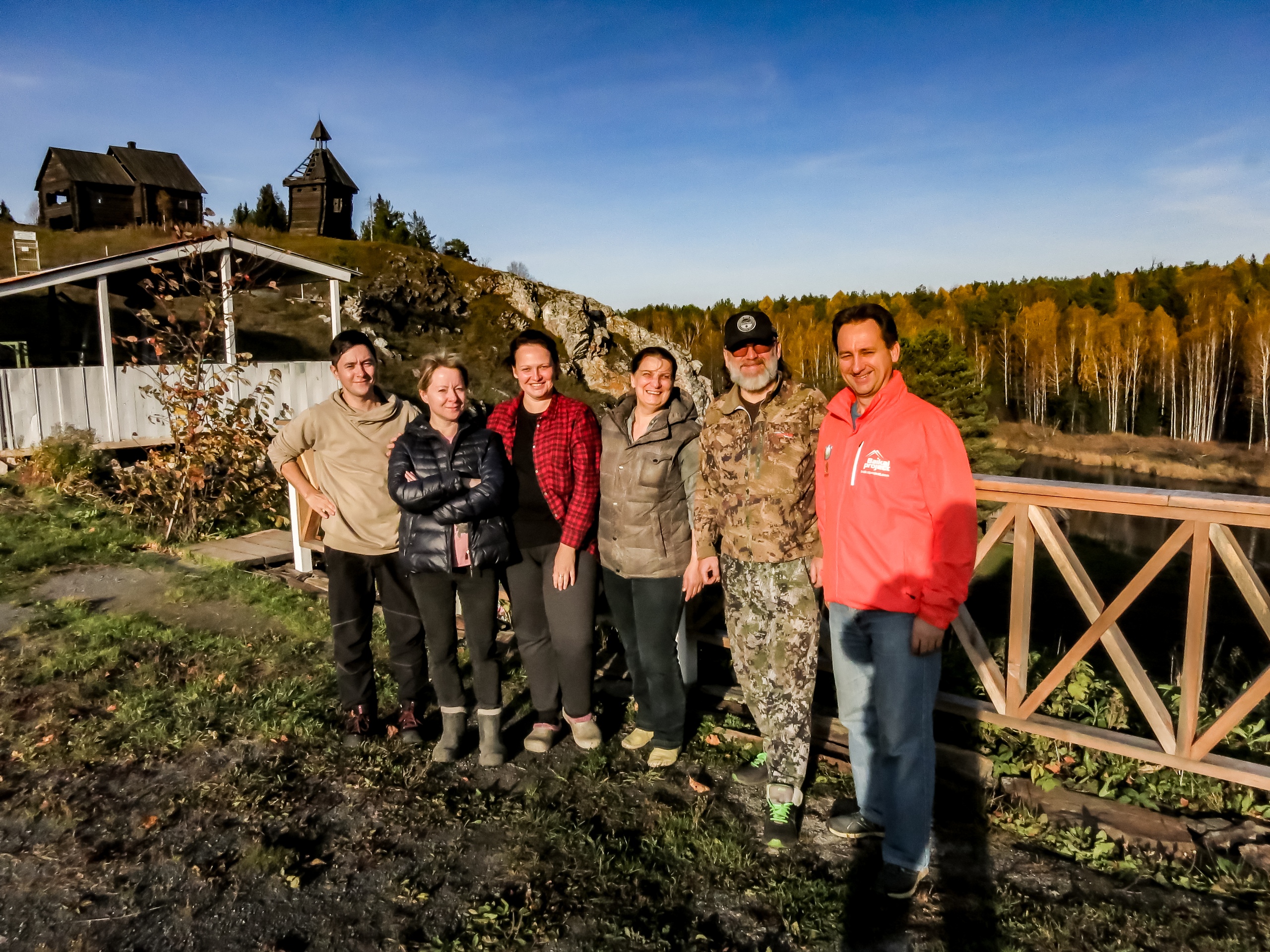
Урал: строительство экотропы "Ключ-Камень"
Каменка, Россия Заповедники и нац. парки
В 2020 году мы начинаем полноценный проект по технологии «Ценностно-ориентированное добровольчество» на Урале. Мы хотим передать опыт, накопленный за 18 лет волонтёрства на Байкале, и заложить традицию по
созданию экотроп на Урале. Название нового проекта "Хранители троп Урала" и он является социальной франшизой «Байкальского проекта».
Мы начнём строительство эко-тропы «Ключ-Камень». Из дикой рыбацкой тропы и непроходимых завалов мы создадим современную образовательную эко-тропу. Это изменит статус данной территории и сохранит первозданный лес. Появится возможность для экопросвещения школьных коллективов, туристов и местных жителей. Проект станет прецедентом/примером создания подобных троп на Урале.
Новая эко тропа пройдёт по левому берегу реки Чусовая от деревни Каменка в направлении Нижнего села. Тропа будет круговой и примерно 2 км. Нижняя часть тропу будет проходить по нетронутому лесу, где сохранились вековые ели и сосны, лишайники и мхи. Верхняя тропа выходит на несколько обзорных площадок, включая Камень Каменский и декорации Свердловской киностудии
Как волонтёры мы организуем проекты для волонтёров, чтобы поддержать наши общие ценности, помочь каждому личностно расти, обрести видение дальнейшего развития на благо других и самого себя. Поэтому наши проекты состоят из трёх направлений:
1 . Отпуск/каникулы с пользой. Мы работам всего 4 дня из 10, но вместе мы создадим экотропу, которой будут пользоваться люди очень долго. Вы и сами многому научитесь: строить тропы, работать различным инструментом, придумывать дизайн, работать в команде.
2. Приключения вместо пассивного отдыха. Большую часть проекта мы общаемся и путешествуем. 3-4 дня мы сплавляемся на катамаранах по реке Чусовая. По пути увидим прекрасные скалы, хвойный и лиственный лес, уральские сёла.
3. Постоянный личностный рост. В течение всей смены будут проходить короткие и подробные презентации о добровольчестве и личностном росте. Мы хорошо познакомимся и поделимся опытом. Будут интересные небольшие задания и глубокие обсуждения.
В благодарность за волонтёрский труд мы организуем крутой тренинг по личностному росту, а участники компенсируют расходы, чтобы мы как организаторы не тратили свои творческие силы и свободное время на борьбу за грантовые средства. В этот раз возможен успешный грант, но если вы можете, то сделайте взнос за своё участие в полном размере.
УСЛОВИЯ УЧАСТИЯ:
- 100% ЗОЖ (не пить / не курить)
- личное туристическое снаряжение
- достаточное здоровье для работ и сплава
- готовность жить в походных условиях
Обязательно присылайте заявку - https://forms.gle/NWBpx3CYhaVpdEt17
Мы также ответим вам в сообщениях на этом сайте. Не забудьте посмотреть!!! Ищите подробную информацию в сети по запросу "Хранители троп Урала".
Вид работ
В начале мы будет строить новую тропу: расчищать завалы, убирать кустарник, пересаживать растения, снимать дёрн, отсыпать тропу, работать с камнями, создавать дизайн тропы, делать лавочки, устанавливать информационные щиты, работать с различным инструментом.
Во время похода: будем сплавляться на катамаранах по реке Чусовая, делать остановки на ночевки, разворачивать лагерь, готовить на костре, ходить в небольшие экскурсии, фотографировать достопримечательности, слушать местные истории и байки, знакомиться с местными жителями.
За весь проект: обсуждать вопросы о добровольчестве/семье/миротворчестве/экологии, писать отзывы (анализ дня), создавать легенду смены, делиться своим мнением, учиться слушать других, развивать другие полезные навыки общения и личностного роста.
Условия
На июльские и августовские смены мы снизили оргвзнос до минимума, т.к. планируется использование средств гранта. Результаты про грант будут известны 15 июня.
Сейчас мы собираем заявки и на конкурсной основе отберём участников этих смен. Вне конкурса идут те, кто готов оплатить расходы за себя - 5000 (питание и сплав).
На территории загородного клуба (партнёр проекта) есть: автостоянка, большой жилой корпус (несколько мест для нас), баня, туалеты, доступ к электричеству и прочие удобства. Кто-то может снять домик или номер.
Организаторы предоставляют палатки, общее походное снаряжение (котлы и прочее), катамараны, спасжилеты, строительные инструменты и материалы, перчатки, общую аптечку. Также обеспечивают трансфер во время проекта, закупку и хранения продуктов, подготовку и участие специалистов, поиск “тех самым-самых” участников.
Добраться до места проекта можно самостоятельно на автомобиле или на электричке до станции "Кузино", где мы вас встретим и довезем.
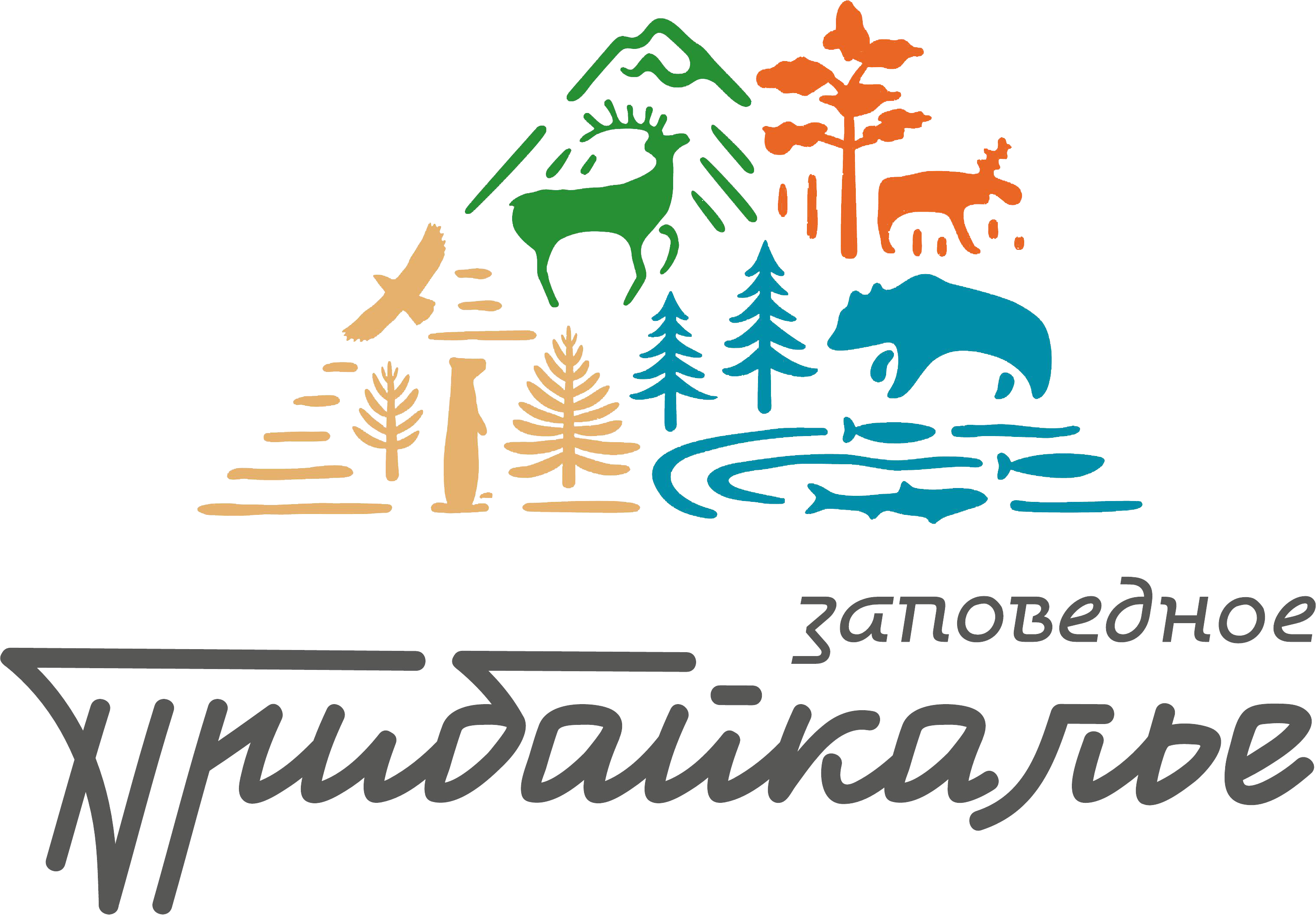
«Кадильные Истории»
Иркутск, Россия Заповедники и нац. парки
А еще памятные подарки от "Заповедного Прибайкалья"
Вид работ
Добровольцы займутся прочисткой экологических троп вблизи популярных объектов показа, созданием туристической инфраструктуры (лавочки, столики, костровые), экологическим просвещением и уборкой валежника для снижения пожароопасной ситуации.
Условия
стационарный лагерь будет находиться в гостевом доме на мысе Кадильном, в гостевом доме, где имеются спальные места, кухня и баня, электричество подается несколько часов в сутки (по необходимости).

 Поиск по карте
Поиск по карте  Отзывы волонтеров
Отзывы волонтеров  Проверенные хосты
Проверенные хосты  Быстрая заявка
Быстрая заявка 
 База волонтеров
База волонтеров  Отзывы о волонтерах
Отзывы о волонтерах  Много заявок
Много заявок  Квалифицированные волонтеры
Квалифицированные волонтеры 

 Надежда Андреева
Надежда Андреева  Ольга Золотарёва
Ольга Золотарёва  Алена Назарова
Алена Назарова  Роман Таряшинов
Роман Таряшинов  Ксения Зотикова
Ксения Зотикова  Надежда Николаева
Надежда Николаева  Анастасия Антонова
Анастасия Антонова  Хранители троп Урала
Хранители троп Урала  Константин Павловец
Константин Павловец